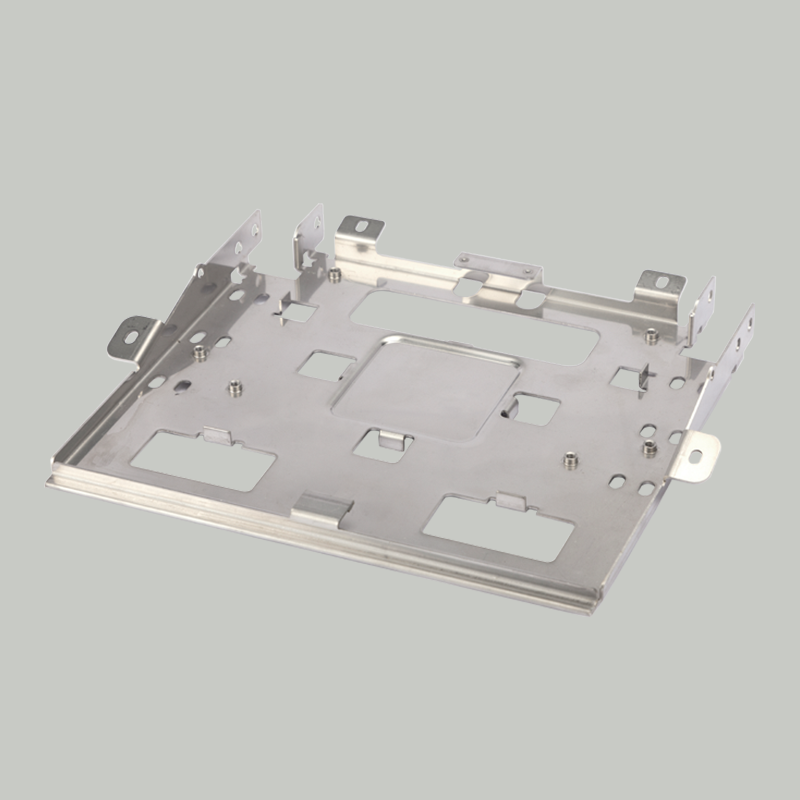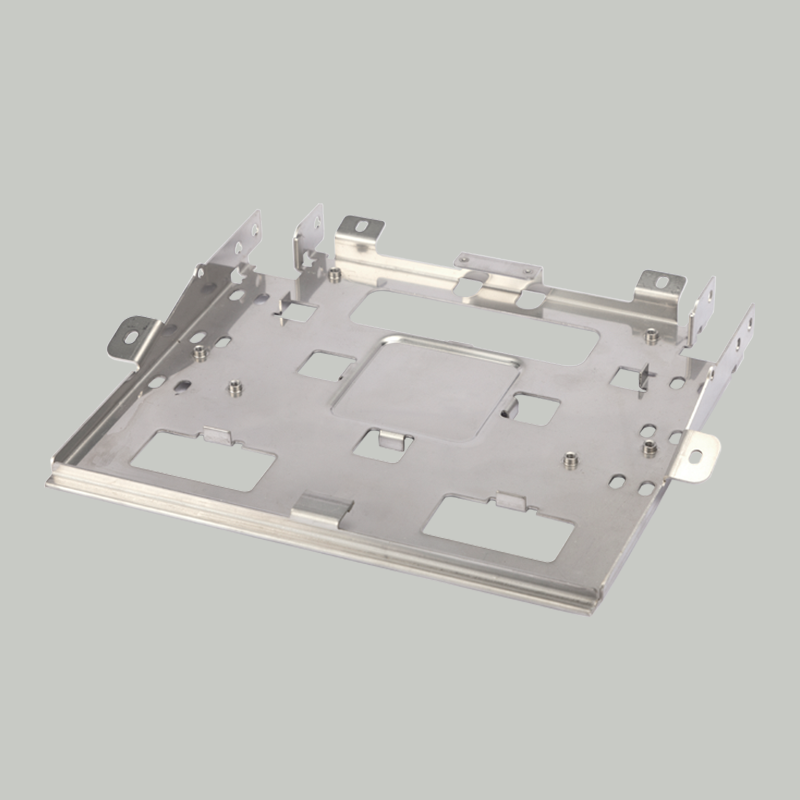Email format error
Email cannot be empty
Email already exists
6-20 characters(letters plus numbers only)
The password is inconsistent
Email format error
Email cannot be empty
Email does not exist
6-20 characters(letters plus numbers only)
The password is inconsistent


Introduction to OEM Steel Plasma Cutting Services
Steel plasma cutting is a cutting-edge technology that has revolutionized the way we process metal. Whether you’re involved in automotive manufacturing, construction, aerospace, or any other industry that relies on precise metal fabrication, understanding the benefits and applications of OEM steel plasma cutting services can give you a competitive edge. This article will explore the fundamentals of plasma cutting technology, the advantages of OEM services, and the latest advancements in the field.
Overview of Plasma Cutting Technology
What is Plasma Cutting?
Plasma cutting is a process that uses a high-velocity jet of ionized gas, known as plasma, to cut through electrically conductive materials. The process involves feeding a plasma torch with a gas (usually compressed air or an inert gas like nitrogen), which is then ionized by an electrical arc to form a plasma arc. This arc generates extreme temperatures, capable of melting the metal, allowing it to be cut with precision.
Types of Plasma Cutting Systems
There are various types of plasma cutting systems available, each suited to different applications and requirements.
- Air Plasma vs. High-Definition Plasma: Air plasma cutting systems use compressed air to create the plasma arc, making them ideal for general-purpose cutting of metals. High-definition plasma cutting systems, on the other hand, utilize advanced technology to produce finer, more accurate cuts with reduced dross (residual material). This technology is particularly useful for precision applications and complex geometries.
- Manual vs. Automated Plasma Cutting: Manual plasma cutting involves a hand-held torch, allowing for flexibility and control in cutting operations. Automated plasma cutting systems, such as CNC (Computer Numerical Control) plasma cutters, provide enhanced accuracy and efficiency for repetitive tasks and large-scale production.
Advantages of Plasma Cutting
Plasma cutting offers several advantages over traditional cutting methods:
- Precision and Speed: Plasma cutting delivers clean, precise cuts with minimal heat-affected zones. The speed of the process also contributes to its efficiency, making it a preferred choice for both small and large-scale projects.
- Versatility in Cutting Different Materials: While plasma cutting is primarily used for steel, it can also cut through other conductive materials such as aluminum, stainless steel, and copper, offering versatility for various applications.
Benefits of Using OEM Services for Steel Plasma Cutting
Quality Assurance and Consistency
When opting for OEM (Original Equipment Manufacturer) services, you benefit from a high level of quality assurance. OEM providers adhere to strict industry standards and use state-of-the-art equipment to ensure consistent, high-quality results. This level of consistency is crucial for maintaining product integrity and meeting the rigorous demands of various industries.
Cost-Effectiveness
Although OEM services might come with a higher upfront cost compared to non-OEM options, they often provide better long-term value. The use of advanced equipment and expertise ensures fewer errors, reduced waste, and lower rework costs. Additionally, OEM services often include comprehensive support and maintenance, further enhancing cost-effectiveness.
Expertise and Experience
OEM steel plasma cutting service providers bring a wealth of experience and expertise to the table. Their knowledge of the latest technologies and techniques ensures that you receive the best possible results for your projects. For example, many OEM providers offer case studies or examples of successful projects, demonstrating their capability to handle complex cutting tasks efficiently.
Customization and Scalability
OEM services are highly adaptable to specific project needs. Whether you require custom cuts for a unique design or need to scale up production for large orders, OEM providers can tailor their services to meet your requirements. This flexibility ensures that you get the exact specifications needed for your project, regardless of size or complexity.

Applications of Steel Plasma Cutting in Different Industries
Automotive Industry
In the automotive industry, steel plasma cutting is used to manufacture precision parts and components. From vehicle frames to body panels and exhaust systems, plasma cutting provides the accuracy and speed necessary for high-quality production. The technology’s ability to cut complex shapes and intricate designs is particularly beneficial in automotive manufacturing, where precision is paramount.
Construction and Infrastructure
Steel plasma cutting plays a vital role in construction and infrastructure projects. It is commonly used for structural steel fabrication, including building frameworks, bridges, and other critical structures. The ability to customize cuts for specific project dimensions and designs enhances the efficiency and effectiveness of construction processes, ensuring that components fit perfectly and meet structural requirements.
Aerospace and Defense
The aerospace and defense industries demand the highest levels of precision and reliability. Steel plasma cutting meets these demands by providing high-precision cuts for aerospace components, such as aircraft and spacecraft parts. Meeting stringent industry standards is crucial in these sectors, and OEM providers ensure that their plasma cutting services deliver the accuracy and quality required for critical applications.
Manufacturing and Fabrication
In the manufacturing and fabrication sectors, steel plasma cutting is used to create a wide range of machinery parts, equipment, and tools. The technology’s ability to handle various steel thicknesses and types makes it a versatile choice for diverse manufacturing needs. Additionally, the enhanced efficiency and flexibility of plasma cutting contribute to streamlined production processes and reduced lead times.
Technological Advancements in Steel Plasma Cutting
Latest Innovations and Equipment
The field of steel plasma cutting has seen significant advancements in recent years. New equipment and technologies have been introduced to enhance cutting performance. For example, advancements in plasma torch design and control systems have led to improved accuracy and cutting speed. The integration of automated systems, such as CNC plasma cutters, further enhances the precision and efficiency of the cutting process.
Impact of Advanced Technology on Cutting Quality and Efficiency
The latest technological innovations have a profound impact on cutting quality and efficiency. Enhanced cutting precision reduces the need for post-cutting finishing and rework, resulting in a smoother, more accurate final product. Additionally, advancements in technology have led to increased operational efficiency, including reduced downtime and lower operational costs. These improvements not only enhance the overall quality of the cuts but also contribute to a more cost-effective and streamlined production process.
Conclusion
OEM steel plasma cutting services represent a powerful tool in modern metal fabrication, offering precision, versatility, and efficiency across various industries. Understanding the fundamentals of plasma cutting technology, the benefits of OEM services, and the latest advancements can help you make informed decisions for your projects. Whether you’re in the automotive, construction, aerospace, or manufacturing sector, leveraging the advantages of OEM steel plasma cutting can enhance your operations and deliver superior results.
By staying informed about technological advancements and choosing the right OEM provider, you can ensure that your projects meet the highest standards of quality and performance.
